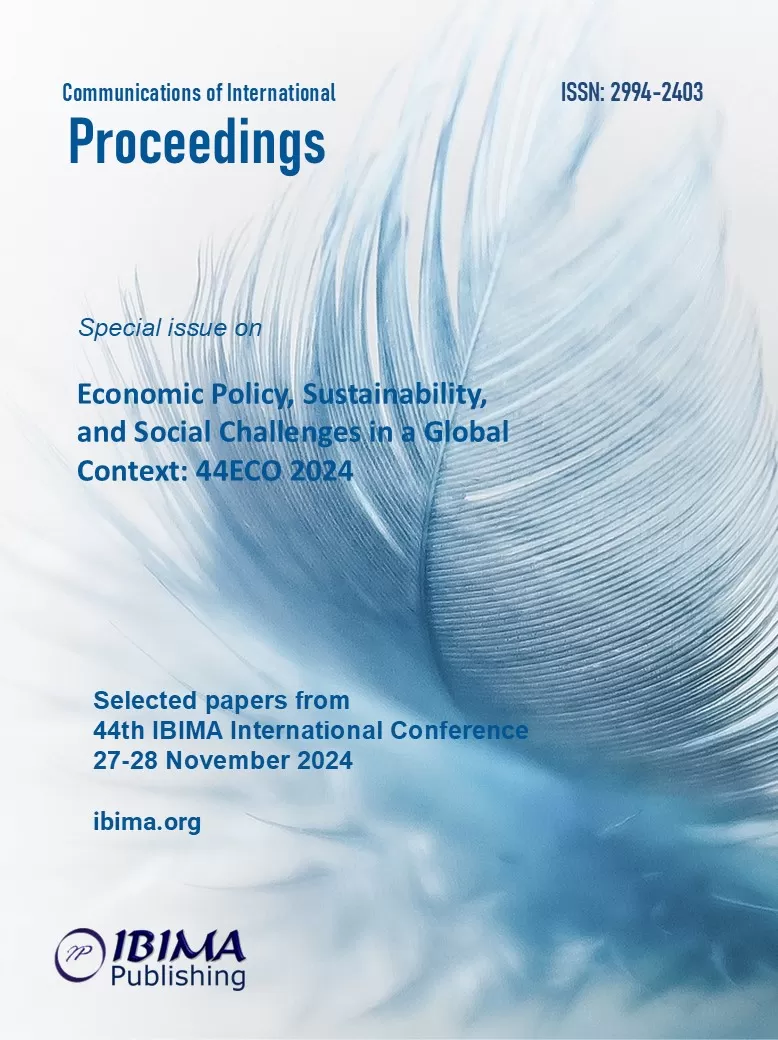
Mariya KHMELYARCHUK1 and Marharyta RATUSHNIAK2
1 Poznan University of Technology, Poznan, Poland, Ivan Franko National University of Lviv
2 National Kyiv Mohyla Academy, IAE Lille University School of Management

This research explores operational efficiency strategies in the airline industry based on the analysis of different operational models in airline industry, with especial emphasis on their ability to operational adjustments during disruptive periods. The study also aims to investigate the differences between low-cost carriers (LCCs) and full-service carriers (FSCs) operational models by analyzing how their prospecting and defending strategies affect their responses to crises like the COVID-19 pandemic, as well as their recovery patterns. The research methodology is based on the case study approach, which make it possible to analyze the airline industry adaptation to changes by comparing its different segments on the example of two airline companies: a low-cost airline, Ryanair, and a full-service carrier, Air France-KLM.
The research results proved distinct approaches of LCCs and FSCs to economic pressures and operational challenges, particularly in response to major threats like the COVID-19 pandemic. The assessment of operational efficiency in LCCs versus FSCs shows clear strategic variations, each presenting unique advantages and disadvantages. By analyzing case studies and performance metrics, this study highlights how each business model adapts to financial constraints, customer service and regulatory demands. In particular, LCCs focus on operational efficiency to gain cost leadership, while FSCs prioritize operational resilience by maintaining a delicate balance between service quality and complex operational structures. The decision between these models depends on the airline’s strategic goals, yet both methods provide useful perspectives for improving operational performance within the wider airline sector.